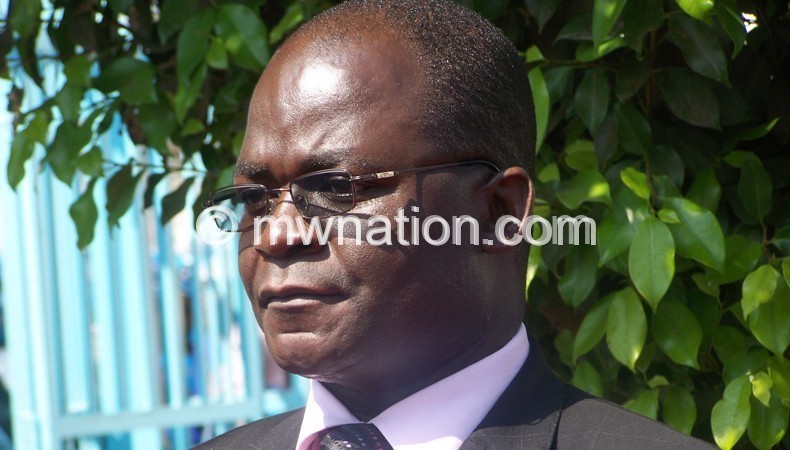Govt asked to reduce excise tax on alcoholic beverages
Malawi Confederation of Chambers of Commerce and Industry (MCCCI) has asked Treasury to review excise tax on companies producing alcoholic beverages if they are to survive the turbulent economic environment.
MCCCI chief executive officer Chancellor Kaferapanjira said this on Friday in Lilongwe when he appeared before Parliament’s Budget and Finance Committee.
He said companies such as Chibuku Products Limited (CPL) and Castel Malawi Limited are on the verge of collapse due to high excise tax Treasury imposed on their products.

Kaferapanjira said the local firms are failing to compete with imported products as tax regimes in neighbouring countries are fair; hence, enabling them to export to Malawi and other countries at an affordable price.
He said: “Our businesses are facing challenges, especially in manufacturing and are on the brink of closure.
“For example, Chibuku Products Limited and Castel Malawi Limited are facing challenges from competition, which is unfair because the companies that are exporting into Malawi, their products are originating from countries which have lower taxes.
“For example, Chibuku which is at 40 percent excise tax in Malawi is only at seven percent in Zambia.”
Kaferapanjira said as a result, there has been a boom in illegal trading platforms, taking advantage of the country’s tax regime which is promoting smuggling and putting local manufacturers at a disadvantage.
He said CPL is proposing a downward revision of excise tax from 40 percent to 25 percent.
“Castel seeks a downward revision of excise tax from 65 percent to between 35 and 40 percent, or suggests that if the tax is to be maintained, it should be productive cost and not on sales,” said Kaferapanjira.
Parliament’s Budget and Finance Committee chairperson Sosten Gwengwe said it is high time government introduced tax regimes that can make local firms competitive.
He said in the long run, the effect will not only be on the products, but also employees who will lose their jobs.
Said Gwengwe: “Tax rates for our companies are not competitive. It’s time government introduced tax reforms that will be competitive regionally to keep and attract new investments.”
He said there is need to appreciate that when investors are scouting for destinations for their investment, they look for locational advantages which government needs also to consider. In the 2019/20 fiscal year, government introduced tax measures to encourage growth, industrialisation and promotion of human rights, particularly on measures to support people with albinism according to a statement Minister of Finance and Economic Planning Joseph Mwananvekha presented last September in Parliament.





